Brain death can be a tricky concept. Clarity from an international group of doctors may help identify when the brain has stopped working for good.


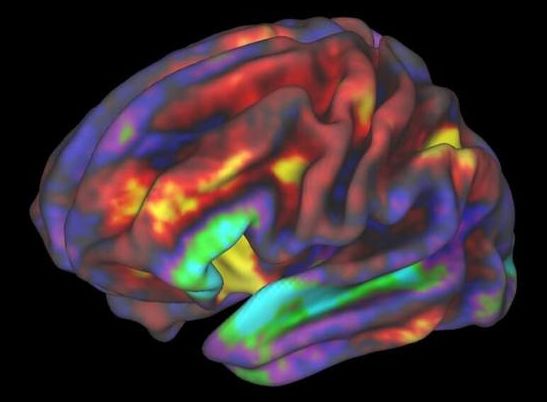
But have you ever wondered: how well do those maps represent my brain? After all, no two brains are alike. And if we’re ever going to reverse-engineer the brain as a computer simulation—as Europe’s Human Brain Project is trying to do—shouldn’t we ask whose brain they’re hoping to simulate?
Enter a new kind of map: the Julich-Brain, a probabilistic map of human brains that accounts for individual differences using a computational framework. Rather than generating a static PDF of a brain map, the Julich-Brain atlas is also dynamic, in that it continuously changes to incorporate more recent brain mapping results. So far, the map has data from over 24,000 thinly sliced sections from 23 postmortem brains covering most years of adulthood at the cellular level. But the atlas can also continuously adapt to progress in mapping technologies to aid brain modeling and simulation, and link to other atlases and alternatives.
In other words, rather than “just another” human brain map, the Julich-Brain atlas is its own neuromapping API—one that could unite previous brain-mapping efforts with more modern methods.

Last year information was released concerning rejuvenation of the thymus which resulted in a reversal of the epigenetic clock an average of 2.5 years in a small trial of 9 people costing $10,000 per person. You can get this done too. A company has formed called Intervene Immune which will take on volunteers for the process. It is not funded so you would have to pay out pf pocket though eventually the cost may come down and they can provide financing. You do not have to travel to California to get this done. Cost prohibits me, and I may or may not be eligible as I have IBS though that is not on the exclusion list. I emailed them concerning all this which is how I got the information.
https://www.surveymonkey.com/r/TRIIMX
The TRIIM-X trial is an expanded pilot clinical study that will evaluate a personalized combination treatment regimen for thymus regeneration. The thymus is a part of the immune system that declines markedly with age, and regenerating it may prevent or reverse key aspects of immunosenescence (immune system aging) and potentially prevent or reverse key parts of the aging process more generally. The study will evaluate biomarkers for epigenetic aging and immunosenescence, as well as evaluate established clinical measures and risk factors for prevention of physical frailty, cancer, cardiovascular disease, diabetes, dementia, and also infectious diseases, including flu and COVID-19.
The study uses multiple agents in combination with personalized doses of recombinant human growth hormone (somatropin), metformin, and DHEA, in a similar manner to how the combination treatment was applied in the earlier TRIIM trial at Stanford, which demonstrated strong statistical significance for the primary efficacy endpoints that will be evaluated in TRIIM-X. Somatropin is approved by the FDA for adult growth hormone deficiency and its use in the study is guided by prior safety data established for that use and also based on safety data available on its prior use in the TRIIM trial and in clinical practice in healthy elderly individuals. There will also be control groups that enable testing of biomarker variability and the contribution of individual medications within the combination treatment.
The objective of the study is to obtain information needed for designing an effective personalized and adaptive treatment regimen for a larger and more diverse study population, and to obtain additional proof of principle for the new use of the medications and biomarkers for preventive medicine. The duration of treatment in the TRIIM-X trial will be 12 months.
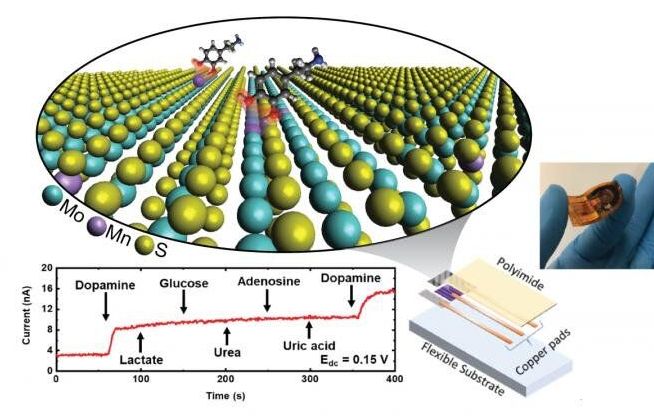
A supersensitive dopamine detector can help in the early diagnosis of several disorders that result in too much or too little dopamine, according to a group led by Penn State and including Rensselaer Polytechnic Institute and universities in China and Japan.
Dopamine is an important neurotransmitter that can be used to diagnose disorders such as Parkinson’s disease, Alzheimer’s disease and schizophrenia.
“If you can develop a very sensitive, yet simple-to-use and portable, detector that can identify a wide range of dopamine concentration, for instance in sweat, that could help in non-invasive monitoring of an individual’s health,” said Aida Ebrahimi, assistant professor of electrical engineering, Penn State, and a corresponding author on a paper published Aug. 7 in Science Advances.

Just like a nostalgic grandparent flipping through old photo albums, our brains constantly replay memories from past events in our lives as we sleep.
It may seem overly sentimental at first, but our minds aren’t just looking to reminisce and remember the good times. All of that brain activity while dreaming serves to strengthen and preserve existing memories, all while simultaneously finding some room for any new memories we may have made over the previous day.
Those are the main findings from a fascinating new study just released by the University of California, San Diego that investigated neural activity during sleep. The research team at UCSD says that no memory is set in stone within our minds; any memory can be lost, and sleep is when our minds rejuvenate old memories via replay and refine/make room for new memories.

An intriguing new study, from a team of Swiss researchers, has revealed neural activity during REM sleep in a particular region of the brain known to affect appetite and feeding behaviors significantly influences waking eating patterns.
Despite a hefty volume of robust study, REM sleep is still a mysterious and unique sleep phase. Named after the rapid eye movements that occur in all mammals during this sleep phase, it has also been referred to as paradoxical sleep, due to the strange similarity in brain activity between waking states and REM sleep.
The new research homed in on a brain region called the lateral hypothalamus. This tiny brain region, found in all mammals, is known to play a fundamental role in food intake, compulsive behavior, and a number of other physiological processes.

It’s also worth noting that some water already naturally contains low amounts of lithium. And in research published last week in The British Journal of Psychiatry, scientists from a cohort of U.K. universities identified a link that naturally-present lithium and lower suicide rates.
Therefore, they suggest, more lives could be saved by putting the drug in high-risk communities’ water supplies.
“In these unprecedented times of COVID-19 pandemic and the consequent increase in the incidence of mental health conditions, accessing ways to improve community mental health and reduce the incidence of anxiety, depression and suicide is ever more important,” Anjum Memon, lead author and epidemiology chair at Brighton and Sussex Medical School, said in a press release.
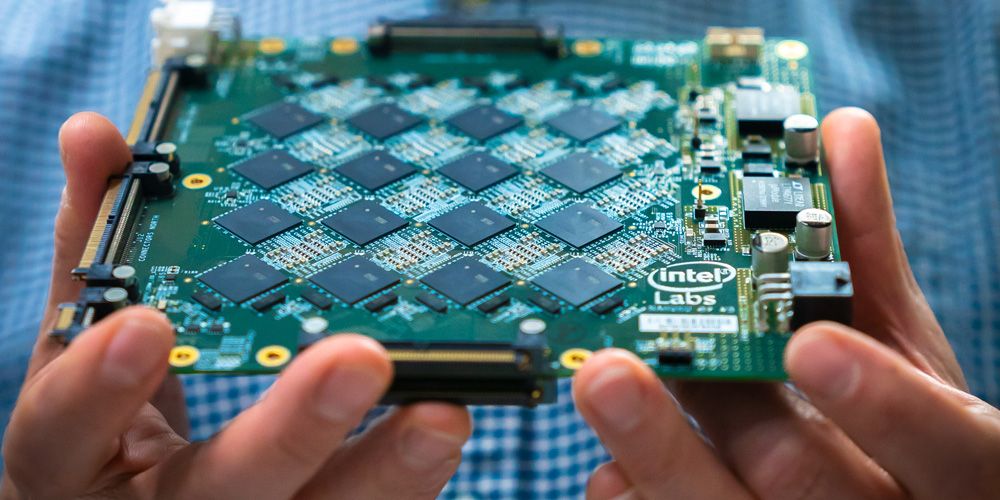
“We are impressed with the early results demonstrated as we scale Loihi to create more powerful neuromorphic systems. Pohoiki Beach will now be available to more than 60 ecosystem partners, who will use this specialized system to solve complex, compute-intensive problems.” –Rich Uhlig, managing director of Intel Labs
Why It’s Important: With the introduction of Pohoiki Beach, researchers can now efficiently scale up novel neural-inspired algorithms — such as sparse coding, simultaneous localization and mapping (SLAM), and path planning — that can learn and adapt based on data inputs. Pohoiki Beach represents a major milestone in Intel’s neuromorphic research, laying the foundation for Intel Labs to scale the architecture to 100 million neurons later this year.
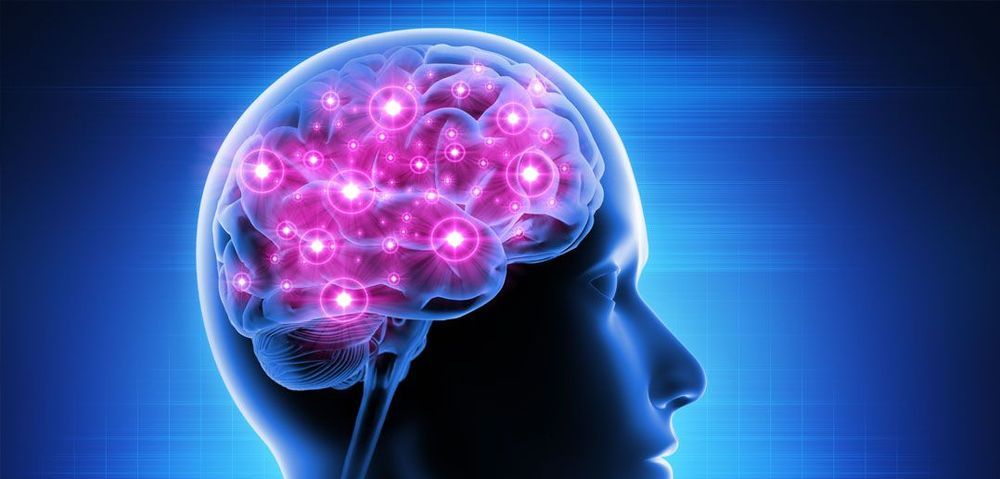
Consuming a single dose of the psychedelic brew ayahuasca can result in lasting changes in higher-order cognitive brain networks, according to a new study published in the Journal of Psychopharmacology.
Ayahuasca, a concoction used for centuries by indigenous Amazon tribes, contains the powerful psychedelic drug dimethyltryptamine (DMT) and monoamine oxidase inhibitors. The brew is typically prepared using leaves from the Psychotria viridis shrub and the bark of the Banisteriopsis caapi vine.
The new neuroimaging research suggests that ayahuasca may produce long-lasting effects on mood by altering the functional connectivity of the brain’s salience and default mode networks.
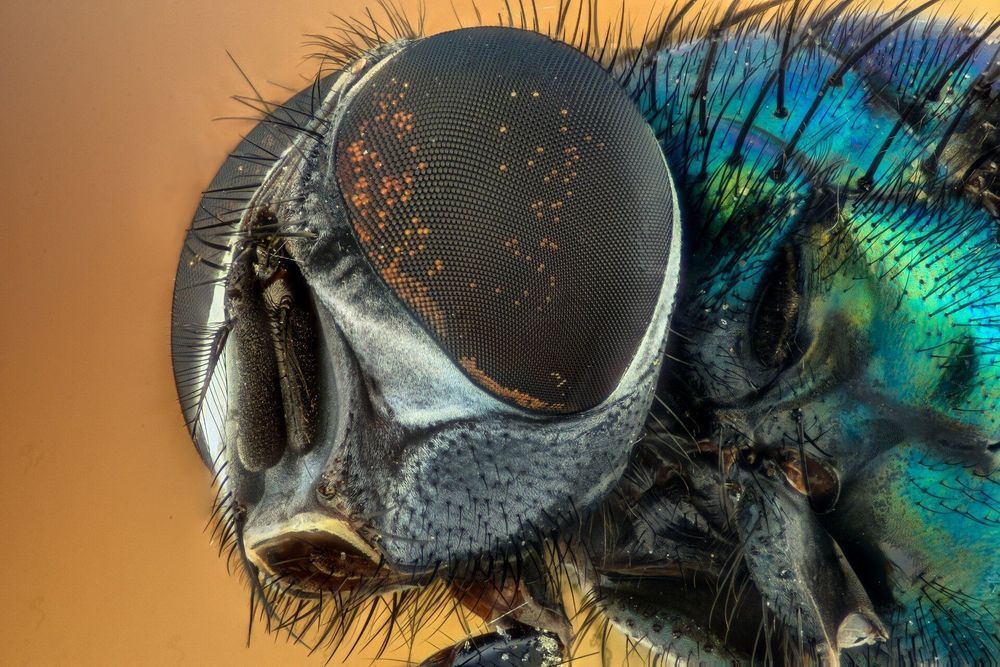
With these new findings scientists can potentially better understand the subtle changes that can occur in genes and brain circuits that can lead to mental health disorders such as anxiety and autism spectrum disorders.
Although physically very different, research has found that the brains of flies, mice and humans are similar in how they form and how they function. Data has shown that the genetic mechanisms that underlie the brain development of insects and mammals are very similar but this can be interpreted in two different ways, where some believe it provides evidence of one single ancestor for both mammals and insects and others think it could support the theory that brains evolved multiple times independently.
Published in the journal Proceedings of the National Academy of Sciences (PNAS), this collaborative study between King’s College London, University of Arizona, University of Leuven and Leibniz Institute DSMZ has provided strong evidence that the mechanisms that regulate genetic activity required for the formation of brain areas important to control behavior, is the same for insects and mammals.